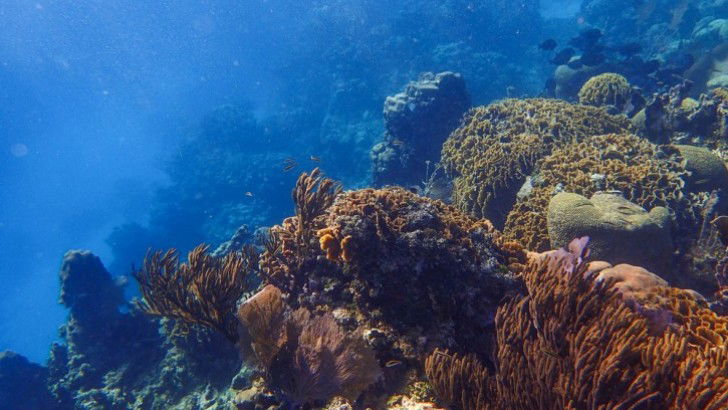Headlines
Mesoamerican Reef gets global attention

Cartagena (Colombia), July 28: In a first, Central America's Mesoamerican Reef, home to more than 500 species of fish and marine species, including large populations of whale sharks, has got global attention with over 65 national and international agencies joining hands to conserve it through a multi-institutional effort.
The Healthy Reefs for Healthy People Initiative to conserve the Mesoamerican Reef was launched on the concluding day of the five-day 28th International Congress for Conservation Biology (ICCB 2017) on Thursday.
More than 2,000 conservation professionals and students were gathered here for initiating steps in conservation of biodiversity.
The initiative will collectively and qualitatively assess reef health in biennial report cards, including science-based management recommendations, an official statement quoting initiative director Melanie McField said.
In the last five years, six new marine protected areas were designated and their total increased to 47.
These areas under full protection from all fishing increased 61 percent to over 1,900 sq km since 2011.
Some of these fully protected areas have 10 times more fish biomass than fished areas.
"Our corals also survived the 2015-16 coral bleaching that affected about 40 per cent of colonies," McField, who lived and worked in Belize for over 20 years, said.
According to her, live coral continues to remain around 17 per cent with some sites having 60 per cent live coral cover -- the highest ever found in the Caribbean and some others with 30 per cent coral cover of the important reef builder elkhorn coral in sites like Limones and Mexico.
Other success stories include the 2015 parrotfish protection in Guatemala and Belize's Coastal Zone Management plan approved as wel l as ending the open access fisheries, both in 2016.
The Mesoamerican Reef faces the same threats as most reefs worldwide, including inadequate water treatment and coastal development among the most pressing ones.
"But this reef is holding its own, increasing slowly in health, giv ing us hope -- due to the collective and coordinated science-based management actions being taken. However, we need to increase the pace of management compared to the accelerated population growth that increases the threats faced by the reef," McField said.
Coordinated science-based management action has helped educate people about the importance of protecting this amazing reef and protecting parrotfish to reduce harmful macroalgae are clear examples of successful reef management, McField added.



































